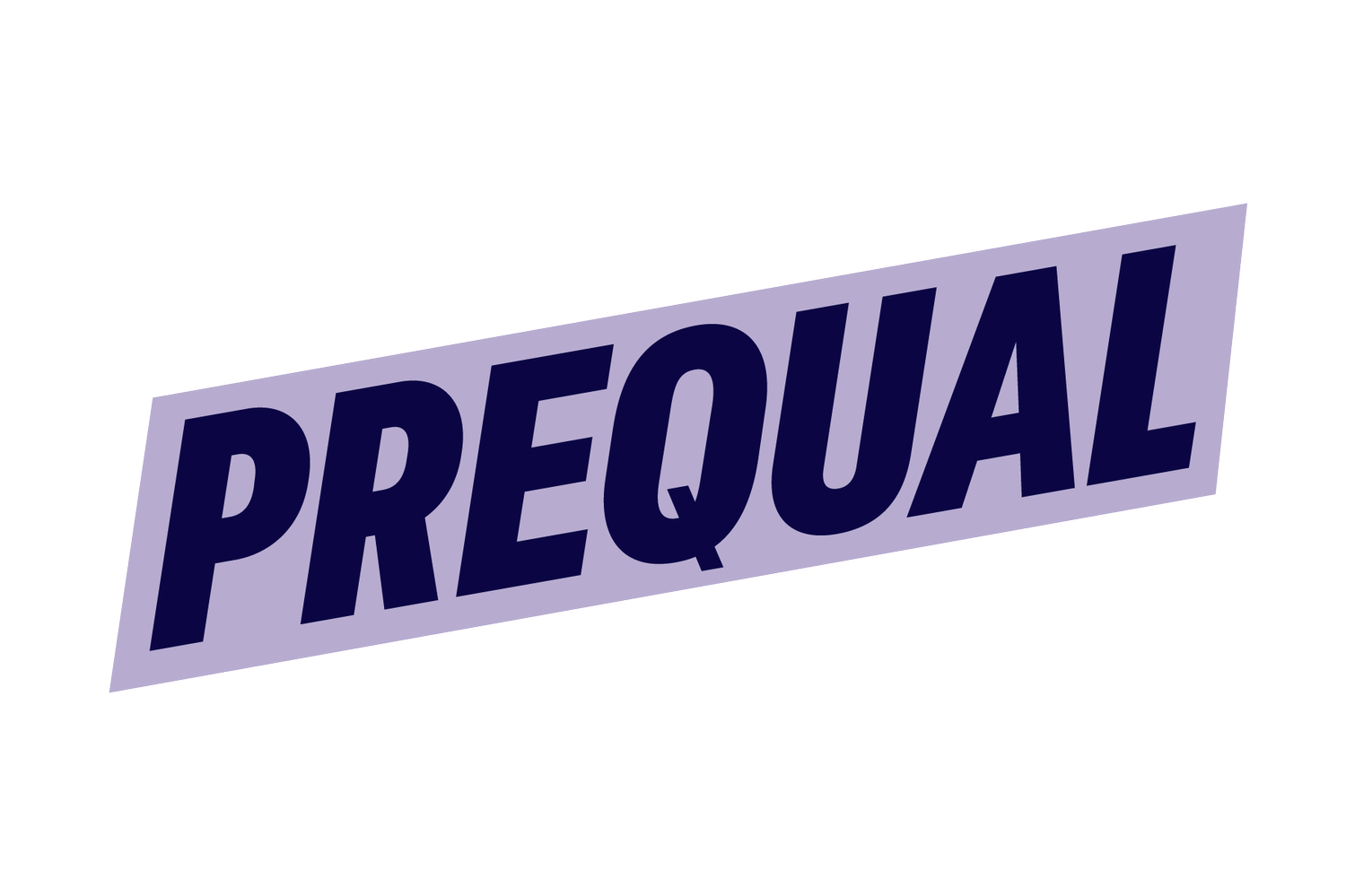The Difference Between a Course, a Membership, and a Community
There are many ways to share knowledge online. However, the structured way to do it is by creating a website that offers courses, membership in a group, or a forum geared at building an online community of people interested in the same things. In this post, we help you understand the difference between a course, membership, and community.
What is an online course?
You can package knowledge and insights into online courses and offer them as:
Learning materials
Live virtual classes via Zoom, Skype, Google Meet, or other video conferencing tool
Video recordings
You can offer content for free or charge a fee. Typically, the online course fee is fixed in one go or installments. Before people can access your course, they need to register through your website. This is so you can verify your users and continue marketing.
An online course website may offer courses covering various subjects or one subject exclusively. A course usually contains several modules covering multiple aspects of a particular topic. For example, suppose you provide digital marketing courses, and one of your topics is search engine optimization (SEO). This specific course could contain modules on on-page SEO, off-page SEO, technical SEO, and various topics under each.
Learning materials and pre-recorded videos are generally intended for people interested in learning at their own pace. They should be able to download or view them on your website for as long as they have an active account with you.
Courses offered as live classes have a start and an end date. Lessons are planned to cover the information covered in a course over that duration. This learning model is more interactive and creates more opportunities for learning through discussions, debates, group activities, live projects, quick feedback, and other activities.
Online course websites may have a forum or a social media community for interactions and support among learners and coaches/teachers. Usually, these forums and communities linked to virtual classes are active throughout the course duration.
What is a membership site?
A membership site offers content solely to those who have signed up for it. It is similar to an online course. However, it charges members for content and other services that it offers. You’ll find many online courses that provide free learning materials and pre-recorded videos.
A membership site caters to a highly targeted group. That makes it niche- or specialty-focused. For example, there are specific membership sites for astrologers, modern foragers, operations managers, hobby gardeners, knitting enthusiasts, and so on.
The fee for a membership site is usually ongoing, paid monthly, annually, or at another frequency. In exchange, the site delivers members value in the form of:
Online courses
Access to exclusive products or discounts from the site’s advertisers/sponsors
1-on-1 support
Private forums, chat rooms, or social media groups
Access to exclusive offers from the website’s owners
A membership site that offers discussion rooms or closed/private groups builds a community around the particular niche. So, members of a blogging membership site gain both from the insights, news, and teachings on the site and community-centered interactions and knowledge exchange.
Also, as members come together around a shared hobby or desire, they’re more likely to form close-knit relationships. In this regard, online course website users have fewer relationship-building opportunities. People sign up for learning material or pre-recorded videos individually – there is no means by which they can interact with each other. If the site has a forum or a review section, some interaction is possible, but it’s transient. Participants in live classes may keep in touch throughout the course, but upon its completion, those ties may become loose as they are no longer linked by social media groups or online group classes.
What is a community?
A community is an online gathering place of like-minded people. It can be a forum, discussion board, or a group on a social platform like Facebook and Reddit or a professional collaboration platform like Slack. An online course with a discussion board or chatroom can build a community of learners. So can a membership site with a private community.
Participation in communities is free, with the expectation that people will benefit one another by sharing their knowledge, experience, and adv—knowledge-sharing in online communities is spontaneous and unstructured.
Online communities require moderation to ensure that comments and discussions by members follow the site’s Code of Conduct. Community moderators monitor discussions and comments, helping ensure the community is a safe and pleasant place for engagement and fulfills its original mission.
How to choose between a course, membership, and community?
If you’re looking to monetize your knowledge and earn an income from your website, membership sites and online courses are the way to go. However, getting people to join a community in exchange for a fee can be challenging as the initial benefits of signing up are not certain. On the other hand, someone seeking knowledge of a particular topic will look for a relevant online course and be willing to pay money to access its content. Professionals or hobbyists will also be amenable to paying a fee to a membership site that provides insights, knowledge, and networking opportunities.


